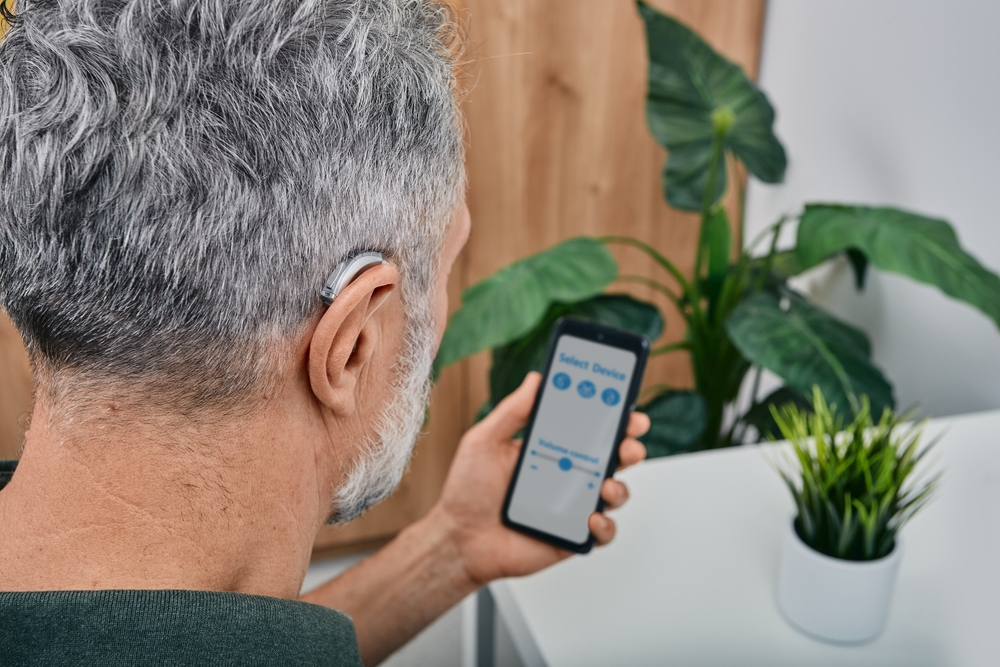
Even slight hearing loss can considerably impact daily life, affecting relationships with friends, family, and co-workers, as well as complicating regular activities such as grocery shopping. However, the introduction of well-calibrated hearing aids can result in transformative changes.
Top ten reasons to invest in hearing aids
While the primary advantage of hearing aids is obvious, improved hearing, their effect goes far past mere auditory enhancement. The following will thoroughly outline those benefits.
Healthier relationships due to better communication
Clear communication is the foundation of healthy relationships. Relationships can be tense when hearing loss causes missed communication. Feelings of separation and stress will be decreased and your ability to communicate with others will be enhanced by using hearing aids.
Being more independent
Basic tasks like shopping or eating out can become challenging with untreated hearing loss, as barriers to communication may arise. Hearing aids empower you to navigate these situations independently by improving your ability to hear and understand speech in various environments. Having a better sense of independence will help you do things that require enhanced situational awareness such as driving, for example.
Potential for higher income
Effective communication is key when you’re working in professional situations. Your job efficiency and career development can be diminished by untreated hearing loss which can affect how you take part in meetings and other work-associated gatherings. You can increase your productivity, which can, in turn, result in career opportunities, by using hearing aids to stay more alert and engaged.
Discomfort from tinnitus can be decreased
Tinnitus, characterized by ringing in the ear, commonly accompanies hearing loss. Hearing aids can provide relief from tinnitus for some people by masking symptoms.
Cognitive decline can be mitigated
Some research has revealed a connection between neglected hearing loss and mental decline, including dementia. By managing hearing loss with hearing aids, you might decrease the risk of cognitive impairment and maintain better overall brain health.
The ability to take pleasure in music
Hearing loss can alter the perception of music, making it less enjoyable. Hearing aids replenish the fullness and depth of musical sounds by compensating for gaps in frequency, allowing you to rediscover the pleasure of listening to your favorite songs.
Increased confidence
Clear hearing fosters confidence in social interactions and professional situations alike. With increased communication abilities, you’ll feel more self-assured and capable, enhancing your overall quality of life.
Having more energy
Neglected hearing loss forces the brain to work extremely hard to fill in missing sound which can be mentally exhausting. Hearing aids decrease this strain, providing mental relief and allowing you to enjoy activities without feeling continuously tired.
Improved safety and awareness
Whether you’re driving a vehicle or crossing the street, being aware of your environment is a critical part of safety. Hearing aids rejuvenate environmental sounds, like approaching vehicles or alarms, ensuring that you can respond properly and safely.
Establishing a positive example
You will set a positive example for other people dealing with hearing loss by welcoming hearing aids and displaying an approach to health and well-being that is positive. It exhibits a commitment to personal growth and improvement, inspiring those around you.
Schedule a hearing test today
Hearing aids are mainly designed to help you hear better, but numerous other aspects of your life can be profoundly impacted too. Whether it’s fostering stronger relationships, maximizing independence, or safeguarding mental health, the choice to wear hearing aids is a step towards a more fulfilling and engaged life.
Make an appointment for a hearing test today and take the initial steps to better hearing.